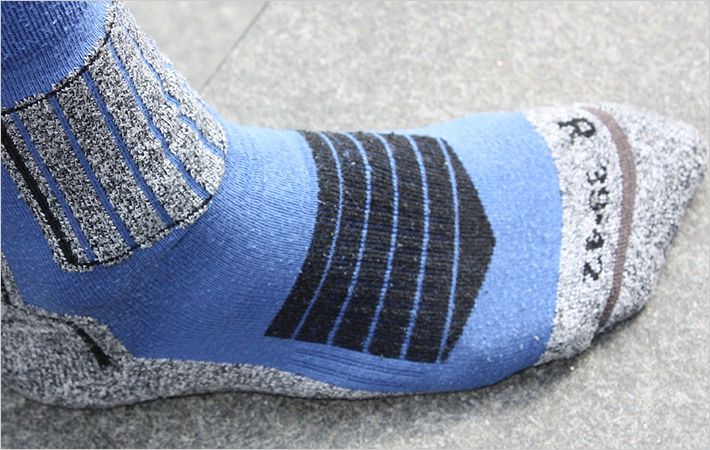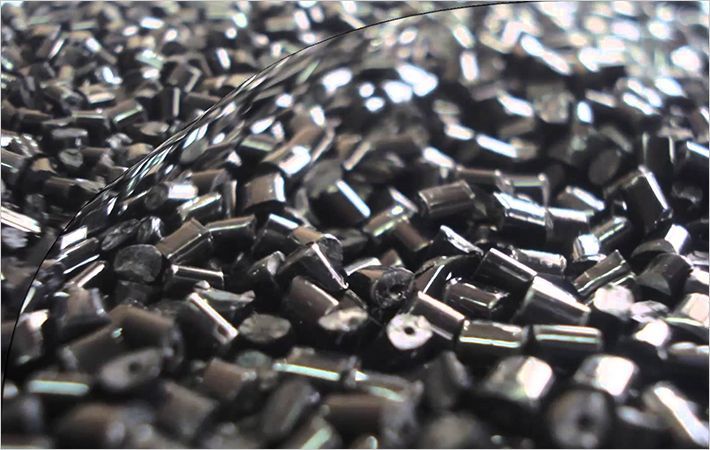Denmark based flexo technology provider, Tresu Group has launched a flexo printing solution to be integrated inline with converting machines for disposable sanitary napkins.
The custom-developed unit followed from a long-term collaboration with sanitary napkin brand owners and applies patterns on the inside of the napkin.Denmark based flexo technology provider, Tresu Group has launched a flexo printing solution to be integrated inline with converting machines for#
Built to accommodate different web-fed materials, the unit comprises up to four water-based colours, a hot air dryer and, at the embossing point, a register guidance camera.
The printing solution formation contained within a module offers both a compact footprint and an operator-friendly design.
Located at the point of embossing, the register guidance system ensures synchronisation of the printed pattern with the crease in the centre of the napkin, at speeds of up to 400 metres per minute.
Using the converting machine interface signals as point of reference, the control module influences the servo motors to ensure accuracy is maintained on-the-fly throughout the production run.
Servo drives ensure automatically controlled, precise print speed and ink flow, so that operation without in-house flexo experience or handling is possible.
The integration unit includes TRESU's F10 iCon ink supply system with automatic cleaning, to constantly feed the printing units and maintain optimum viscosity, temperature and pressure.
Sealed, pressure-controlled chambered doctor blade systems enable direct, foam-free transfer of ink or coating to the anilox rollers, ensuring a consistently clean printed image.
The system is optimised for fast job changes and a control system stores and, in the case of repeat jobs, instantly recalls job recipes, so no re-entry of ink and calibration data is needed.
At the installation stage, the Tresu technical team works with the customer to build a unique database of recipe settings for each job.
The ability to seamlessly integrate the printing operation into the existing converting and assembly line means that customers can avoid the costs and lengthy lead times associated with outsourcing.
Allan Sander, sales director at Tresu said, “Demand for an efficient means of applying patterns has arisen following research that shows increased consumer loyalty to brands featuring printed designs.
“The customised printing integration system enables the personal hygiene industry to achieve this, while maintaining a cost-controlled, flexible, single-pass operation,” he added. (AR)
Fibre2fashion News Desk - India

